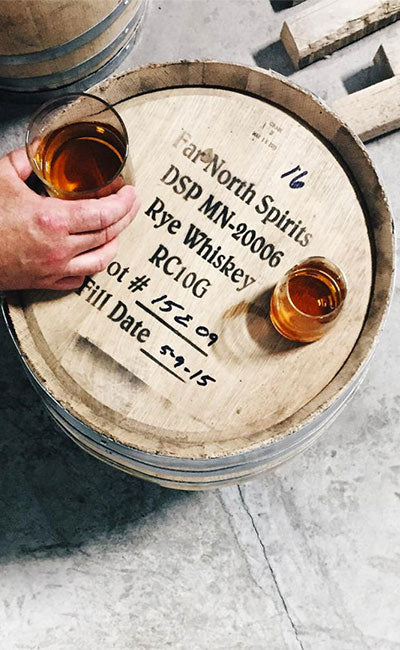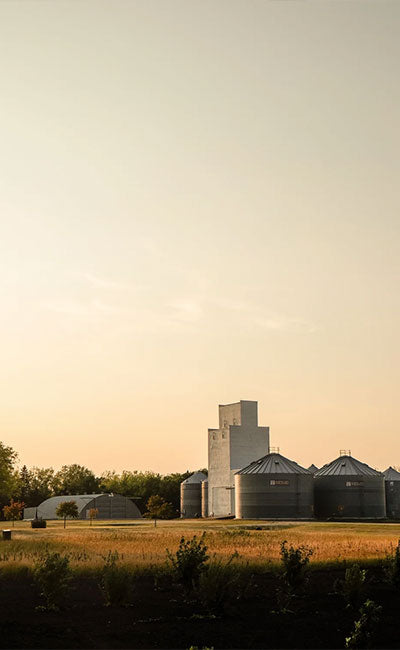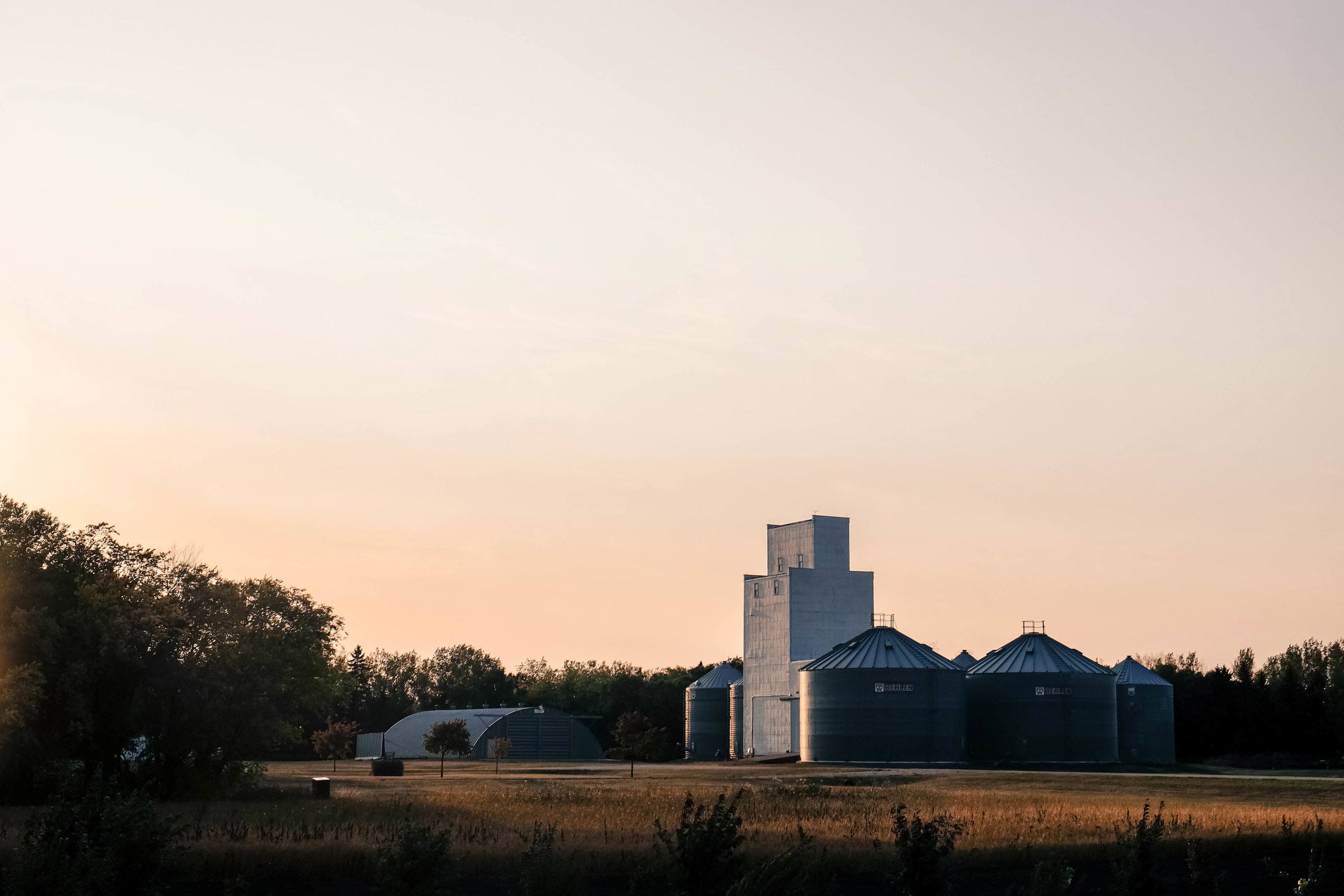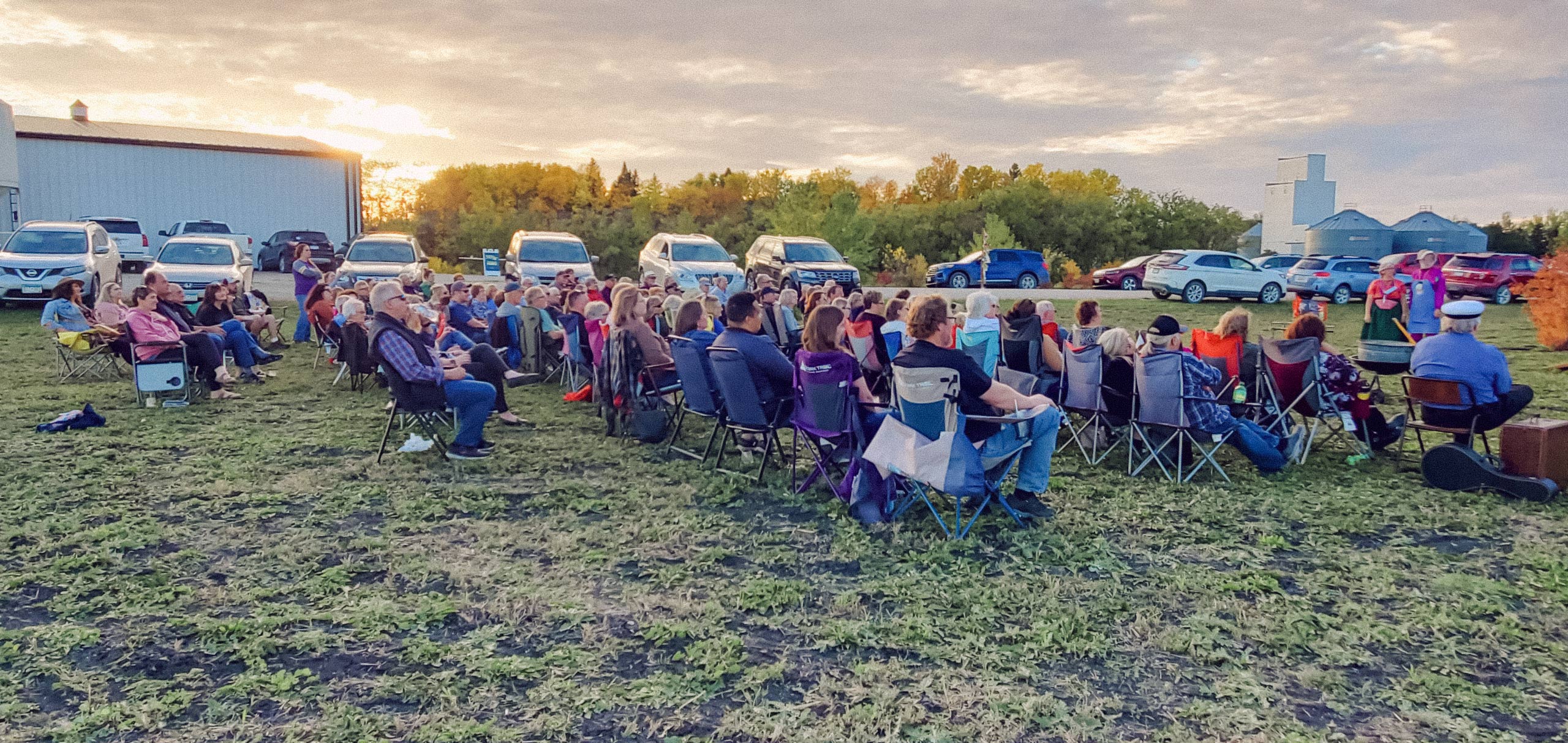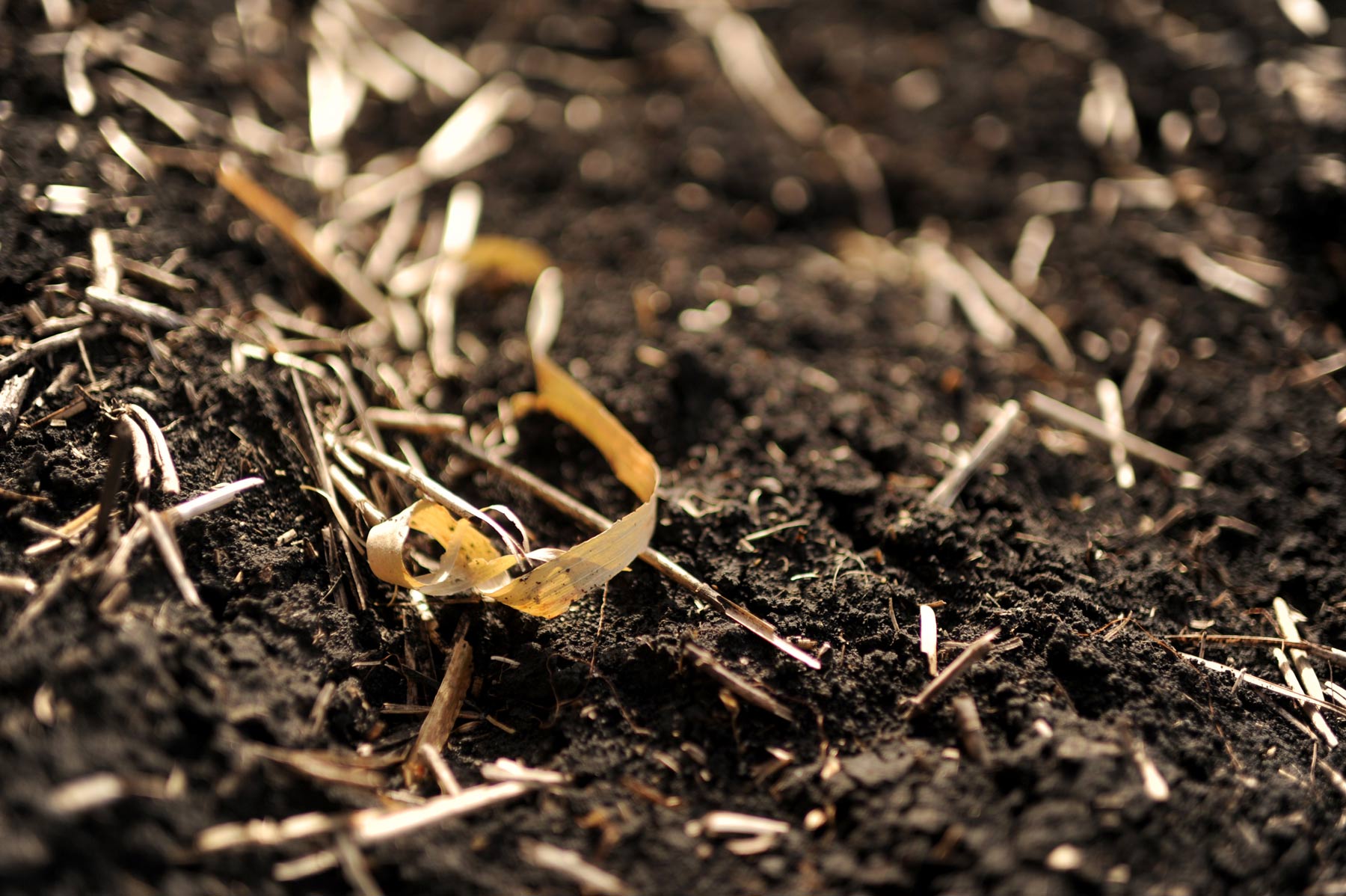
At Far North Spirits, every bottle begins in the soil. As America’s only Certified Bee Friendly Farm Distillery, we farm and distill with care for the land, pollinators, and future generations. Sustainability isn’t an afterthought — it’s the heart of our craft, shaping grains that carry the quiet power of place into every sip.

Our impact
Far North Spirits invites you to experience a new standard in whiskey. Where farming, research, and craftsmanship connect to create spirits that truly taste of their origin. Whether you are a whiskey collector, enthusiast, or newcomer, join us in celebrating the soul of the spirit and the quiet power of place.
Our groundbreaking multi-year Rye Study, conducted in partnership with the University of Minnesota and supported by the Minnesota Department of Agriculture, reveals how varietal differences in rye profoundly shape flavor and aroma, challenging conventional whiskey wisdom and elevating the role of grain in craft distilling.
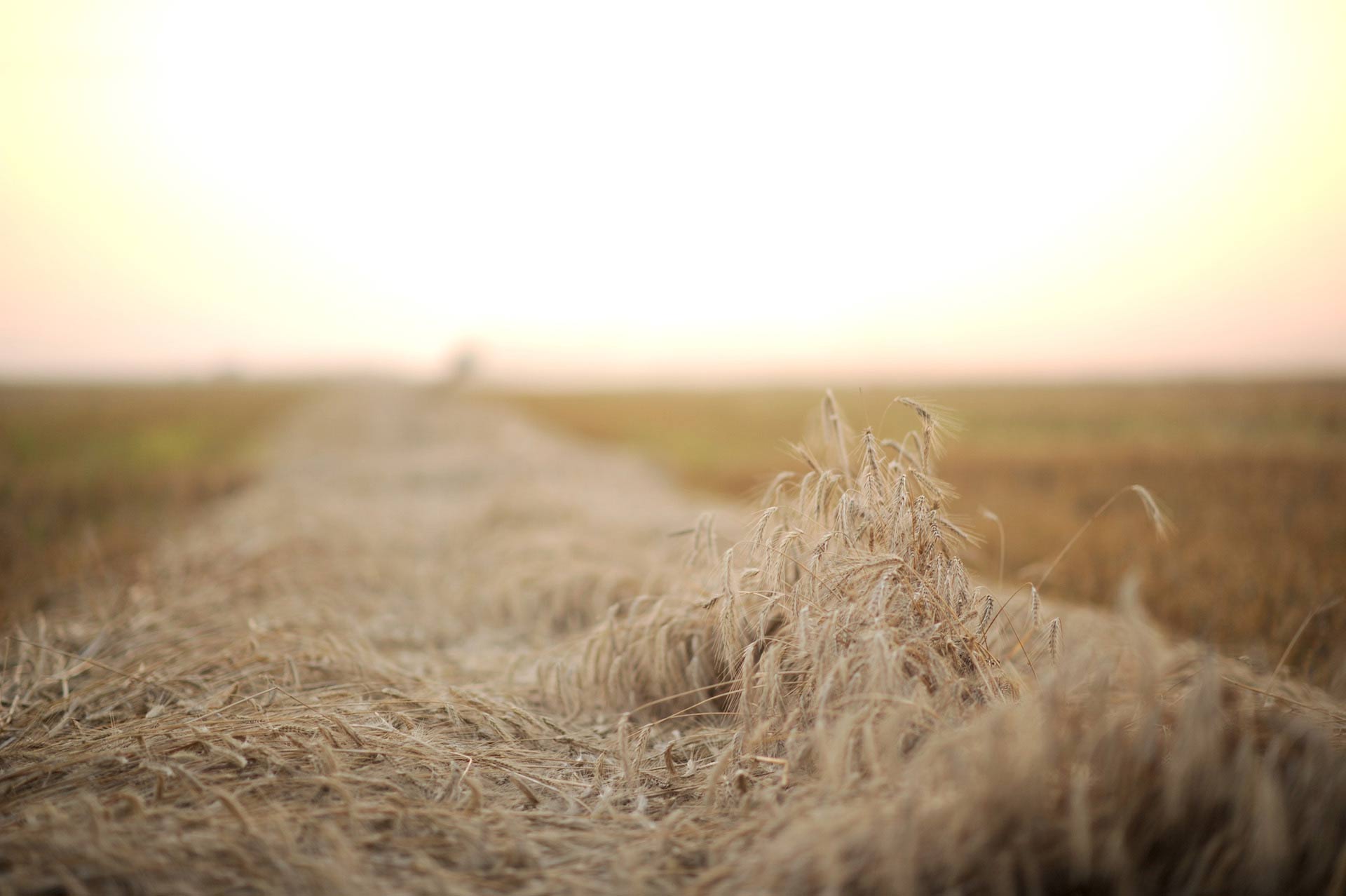
Sustainability isn’t a box we check. It’s a way of farming, distilling, and thinking. As a fourth-generation family farm, we practice regenerative agriculture, an approach that focuses on rebuilding soil health, increasing biodiversity, and restoring the natural balance between land, plants, pollinators, and people. It’s a commitment to leave the land better than we found it, not just for the next harvest, but for the next generation.
Our regenerative practices include no-till planting to reduce erosion, cover cropping to build soil fertility, crop rotation to break pest cycles, and returning over 50 acres to native prairie grasses. These methods support healthy ecosystems and make chemical inputs almost unnecessary because nature, when supported, does much of the work herself.
Why does this matter for spirits? Because soil health equals grain quality, and great whiskey begins in the ground.
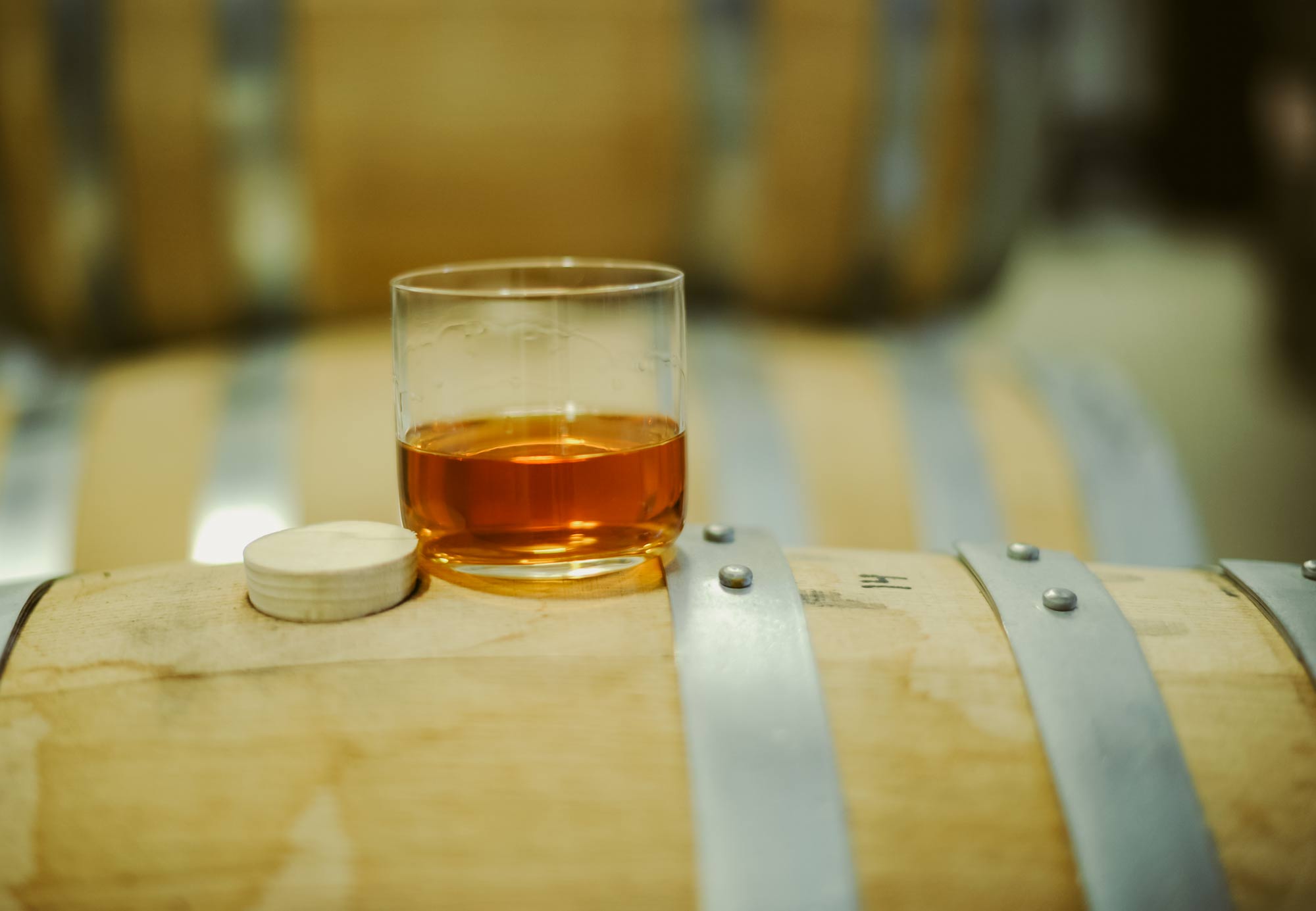
GROWN FOR FLAVOR, NOT FOR YIELD
Unlike most distilleries, we grow nearly all of our own grain just outside our door. That proximity dramatically reduces transportation emissions and allows us to grow for flavor, not for bulk. Our heirloom corn needs far less chemical input than GMO corn. Our rye, the backbone of our spirits, is a hardy, allelopathic grain that naturally suppresses weeds, making herbicides nearly obsolete.
We plant rye into canola stubble with a no-till method, which improves moisture retention in winter and adds organic matter to the soil for the next season. We rotate corn only every two years, using green manure to rebuild the field. This is farming at a human scale — not industrial scale — and the difference shows up in the bottle.
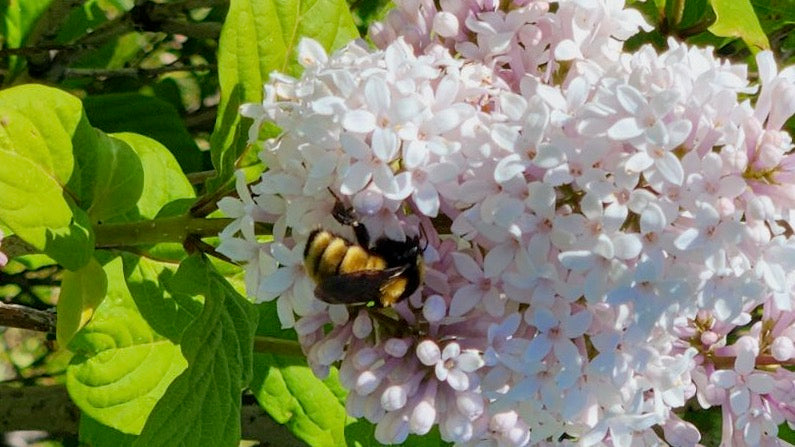
The Pollinator Connection
As the first distillery certified as a Bee Friendly Farm by Pollinator Partnership, we know that the health of pollinators reflects the health of the land. Our farm provides more than 50 acres of native pollinator habitat, with continuous blooms throughout the growing season, nesting sites, clean water, and drastically reduced chemical use.
Why bees? As Mike Swanson puts it:
“Bees and other pollinators are vital to a healthy ecosystem. That leads to healthy soil, which leads to quality grains. And quality grains are the starting point for great whiskey.”
Our partnership with Pollinator Partnership is part of our holistic view: farming and distilling are not separate from the environment, they’re deeply connected to it.
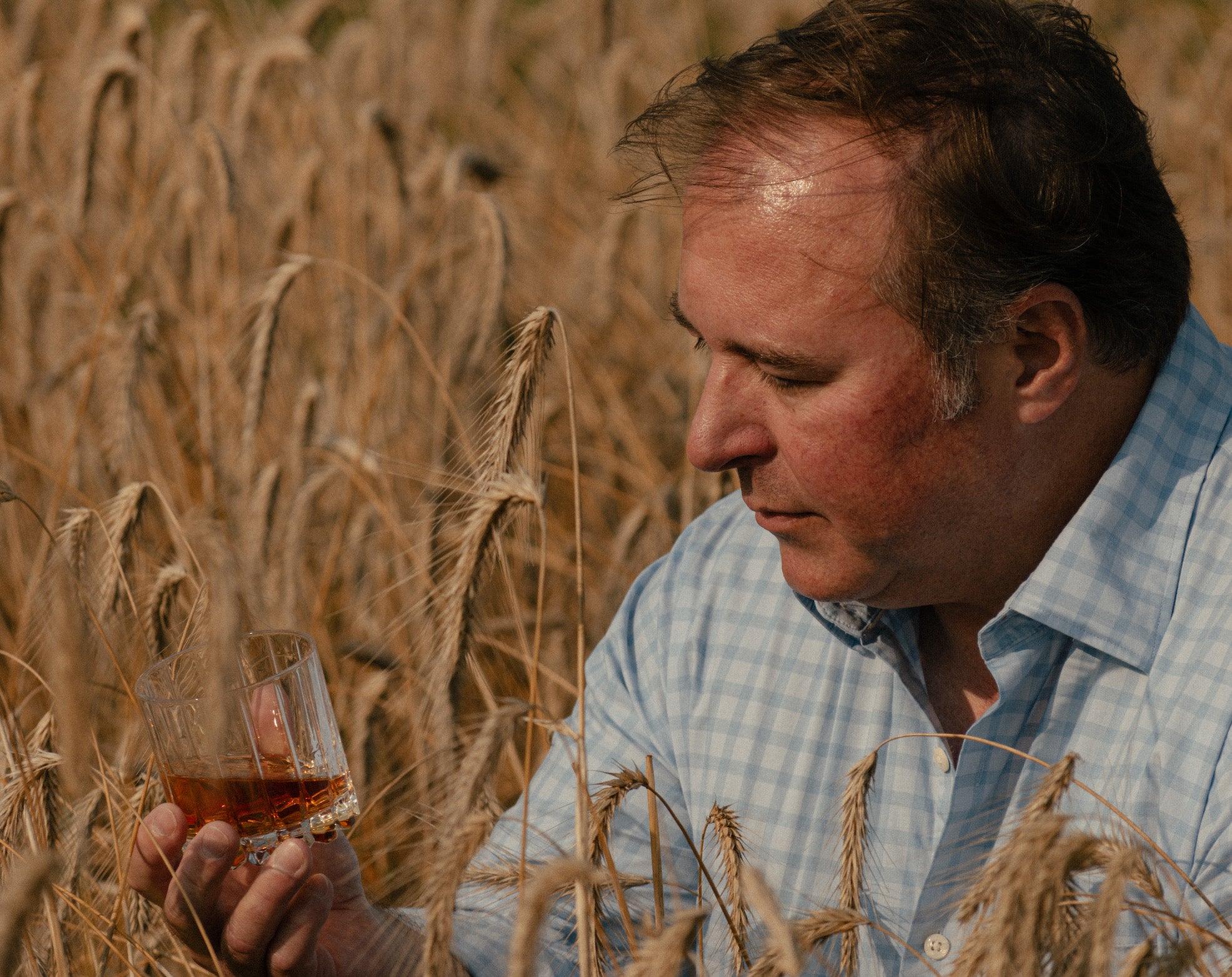
INDUSTRY LEADERSHIP: BRINGING GRAIN TO THE FOREFRONT
Michael Swanson, our head distiller and whiskey farmer, is a vocal advocate for grain-forward whiskey. He’s helping shift the industry conversation toward how grain variety, farming practices, and place shape the final spirit — a perspective still too rare in American distilling. He speaks regularly on this topic, including at the Beam Institute, the American Craft Spirits Association, and the Delaware Valley Fields Foundation.
SUSTAINABLE SPIRITS
FROM START TO FINISH
From how we distill to how we ship, sustainability guides our decisions.
On-site grain storage
Storing on site eliminates shipping and packaging waste.
Closed-loop water systems
Recapture and reuse heat and water, minimizing energy use.
Steam heating
We steam heat from a 95% efficient propane boiler conserves fuel and keeps operations clean.
Spent grains
We send our spent grains to local cattle farmers as feed or fertilizer, returning nutrients to the soil.
Shipping emissions
Drastically reduced shipping emissions by sourcing grain here instead of hauling it in from across the country.
No trash dumpster
Nearly everything is recycled, composted, or reused.
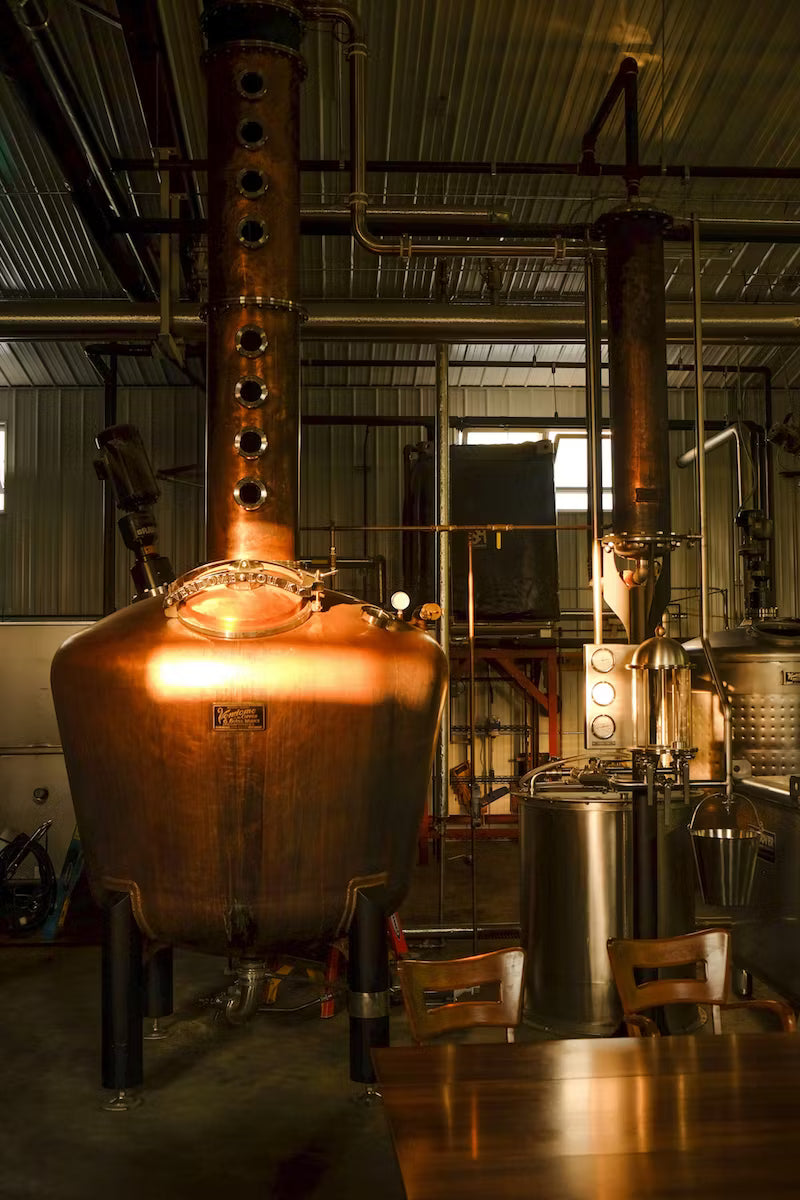
BUILT FOR THE LONG HAUL
The Far North distillery itself was built with sustainability in mind:
- In-floor radiant heating powered by a small, efficient boiler
- Energy-saving T5 lighting throughout
- Natural cooling through airflow and strategic window placement
- Rainwater channeled into native wetland plantings to filter runoff and slow erosion
- Over 600 trees and acres of native prairie planted for windbreaks, wildlife habitat, and pollinator support
The Rye Study
Drinking is an agricultural act.
This is a reworking of the classic quote from Wendell Berry’s “The Pleasures of Eating”, which at the time was a call to recognize the thread that connects eating to agriculture and how land is used. Critical to this understanding is recognizing the origins of the food we eat, and the beverages we drink.
The great wines of the world are inextricably tied to the variety of the grapes from which they are made. A similar appreciation for varietal influence exists among enthusiasts of agave distillates such as Tequila, Mezcal, and Bacanora. However, for whiskeys, which are fermented and distilled from grains, that varietal information and the tie to the agriculture behind it is often severed. Just imagine if nine out of 10 bottles at your local wine shop were simply labeled “grape wine”, with no mention of whether it was a Cabernet or Chardonnay. That is the current state of the rye whiskey market.
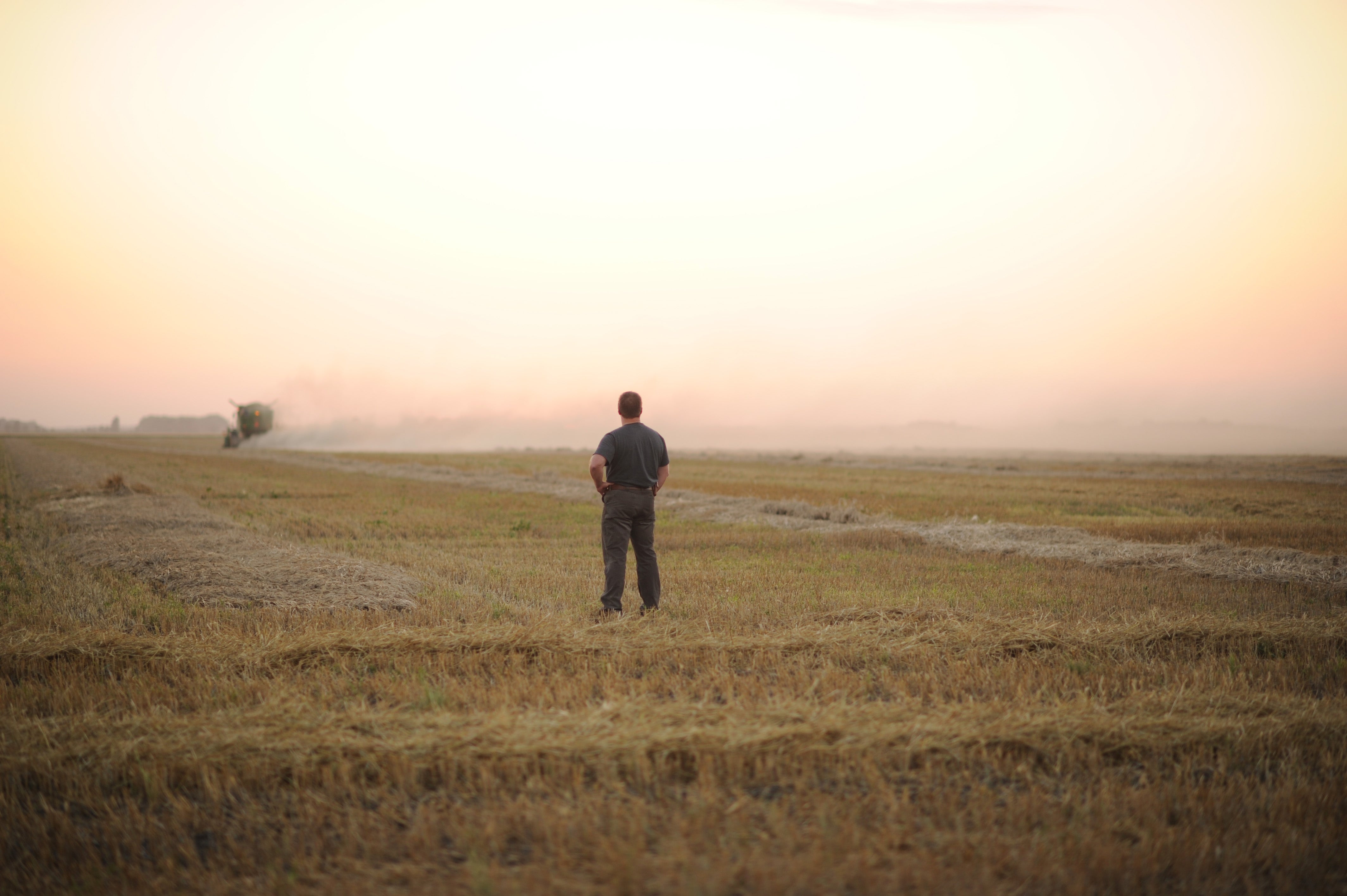
As one of a handful of estate distilleries in the United States, Far North Spirits is in a unique position to explore the influence varietal differences can have on the flavors of a distilled rye whiskey. Thus, in February 2015 Far North partnered with the Minnesota Department of Agriculture, receiving a crop research grant to complete a first-of-its-kind multi-year study to evaluate varieties of winter rye for agronomic performance in the field and flavor/sensory performance once distilled. What followed were the results of field trials conducted on the Swanson Farm in northern Minnesota and sensory analyses conducted with participants in blind tastings throughout the U.S. Download the complete rye study here.
Community Support
Beyond the farm and distillery, we support organizations that make a local impact, including KIDSon Cares, Perry’s Paws and the North Dakota Museum of Art. We believe in strengthening rural culture and giving back to the area that sustains us.


